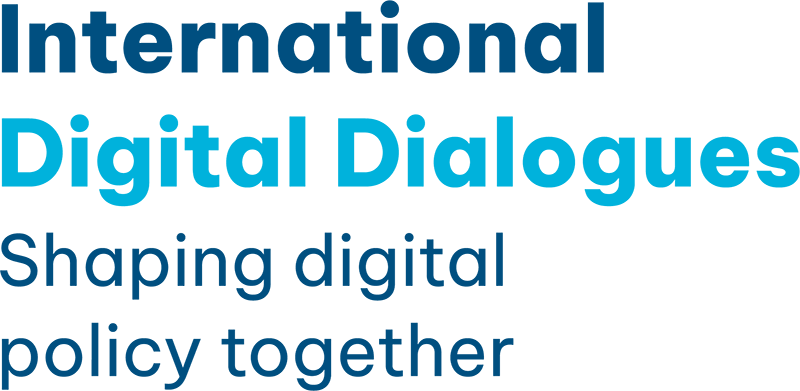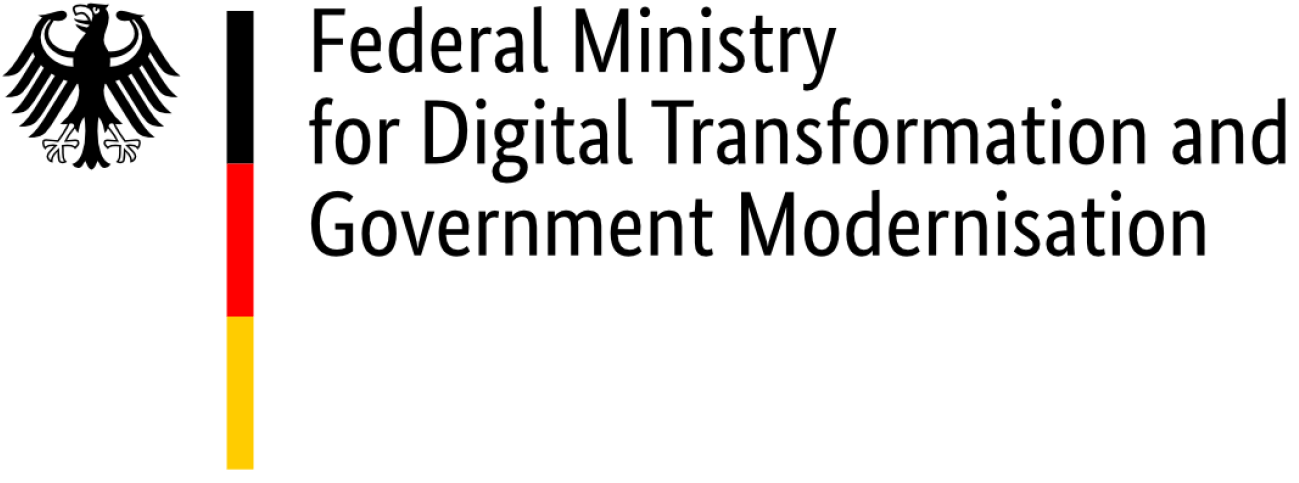Webinar: Paving the Way to Sustainable AI
Brazil

The “twin transition” refers to the simultaneous advancement of digital and green initiatives. As AI evolves, its environmental impact, particularly from energy-intensive data centres, raises concerns among policymakers, climate activists and companies.
The webinar consisted of two sessions, debating which initiatives businesses and governments can take to support a green transition for the AI sector and the role of interoperable regulatory standards in guiding sustainable technological development. The first session focused on policy and regulatory matters related to AI and sustainability in Europe, Latin America, and other regions, while the second discussed further impacts of AI and the existing initiatives of both civil society and the private sector to address these impacts.
The event was live-streamed on the International Digital Dialogues YouTube channel, and it is available here. The Secretariat prepared a summary of the debate, highlighting key points brought up by the speakers and suggesting topics for further discussion. The document is available below.
Harmonising innovation and nature
Fernando de Rizzo, chair of B20 digital transformation and CEO at Tupy, and Bruno Bioni, lead co-chair at T20 and founding director at Data Privacy Brazil, opened the sessions. Both emphasised the necessity of responsible development of AI and highlighted the relevance of the policy recommendations provided by the G20 groups involved in this matter.
Luis Mosquera, vice-president of legal, government affairs & sustainability at Siemens Brazil, emphasised that cooperation and co-creation are essential for innovation, especially in technology. He stressed that a harmonised regulatory framework for AI is crucial for generating positive impacts across various fields, using this harmonisation to reduce barriers to international trade.
Jacqueline Lopes, director of institutional relations for LATAM South at Ericsson, explained how AI can help companies be more sustainable. She cited the example of AI optimising product transportation, noting that transportation accounts for around 30% of greenhouse gas emissions. By using AI to monitor and predict transportation needs, companies can significantly reduce their emissions.
AI to support the green transition and mitigate the environmental impact
Killian Vieth-Ditlmann, deputy head of policy at Algorithmwatch, and Friederike Rohde, researcher at the Institute for Ecological Economy Research, called for a comprehensive AI policy framework that covers the entire production chain of AI, from resource extraction to electronic waste. They emphasised the need for standardised documentation of energy and resource use and the creation of sustainable AI designs across sectors like finance, marketing, retail, and industry.
Anita Gurumurthy, executive director of IT for Change and co-chair of T20’s digital transformation working group, spoke from a Global South perspective, addressing the impact of AI on local communities. She highlighted the importance of considering sustainability from a social and political perspective, combined with natural resource conservation.
Finally, Boye Adegoke, senior manager of grants and programs strategy at Paradigm Initiative, expressed that tech companies investing in Africa should work closely with environmental organisations to meet Africa's environmental objectives. This collaboration can ensure that the investments align with and promote sustainability and innovation simultaneously.
More interesting news

Brazil
Brazilian technical mission to Brussels: Advancing EU-Brazil alignment on digital regulation
In November 2025, the Secretariat for the Digital Dialogues in Brazil facilitated an institutional mission of the Brazilian Ministry for Development, Industry and Commerce (MDIC) in Brussels. It was a week filled with meetings with members of the European Parliament and regulatory bodies such as the AI Office and DG CONNECT, as well as discussions on the EU’s digital legislation.

Brazil
International dialogue about innovation and regulation in digital health
On 7 November, the Global Digital Health Services Network hosted the HCFMUSP Health Hackathon in Brazil. It brought together experts on digital health from Nigeria, Kazakhstan, Tanzania, Colombia, Bolivia, Nepal, Germany and Brazil. The Secretariat for the Brazilian-German Digital Dialogue facilitated a panel discussion during the event. Experts discussed how new technologies can advance healthcare and what is needed for a practical implementation.
Read more … International dialogue about innovation and regulation in digital health

Brazil
Visit by the German Engineering Federation to Brazil: Shaping better conditions for bilateral cooperation
A delegation of the German Engineering Federation (Verband Deutscher Maschinen- und Anlagenbau e.V., VDMA) visited Brazil in November. They strengthened the dialogue with the Brazilian industry and identified new opportunities for cooperation between Brazilian and European companies.
Newsletter
Stay informed! To subscribe to the Digital Dialogues newsletter, enter your e-mail address here. Please also refer to our privacy notice.


